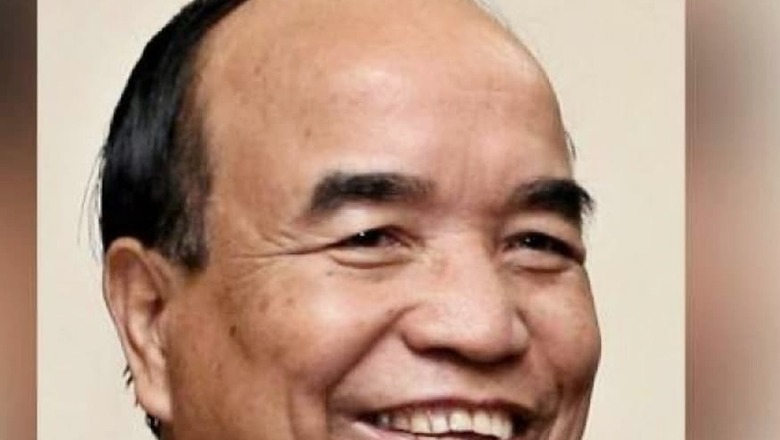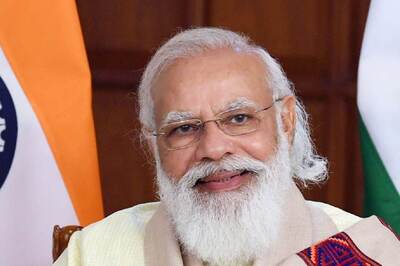
views
Aizawl: Mizoram chief minister Zoramthanga met Prime Minister Narendra Modi in New Delhi and appealed for clearing the NRC-like bill aimed at detecting foreigners in Mizoram that has been awaiting the Centre's approval for months, officials said on Friday.
In the meeting on Thursday evening, Zoramthanga sought Modi's intervention to ensure that the Mizoram Maintenance of Household Register Bill, 2019 is immediately cleared by the central government and implemented in the state that shares an over 700-km border with Bangladesh and Myanmar, they said.
He told the PM that the bill seeks to identify genuine residents of the state and will also help to check arms smuggling, drugs and human trafficking across the border, officials here said.
The Mizoram Maintenance of Household Register Bill, 2019 was passed by the state assembly on March 18 last year and the bill was sent to the governor for his assent. Then Governor Kummanam Rajasekharan had referred the bill to the Centre, according to official sources.
The chief minister had met Modi, seeking his intervention for the nod to the bill on December 5 as well. Zoramthanga, who had introduced the bill in the assembly, had said that influx of illegal foreigners into the state through its porous borders has remained a serious concern for several decades and in many cases, the benefits of development and welfare programmes are "grabbed" by such foreigners who clandestinely stayed back and assimilated with the local people.
The National Register of Citizen (NRC) was updated in Assam to detect foreigners staying illegally. A similar nationwide exercise has also been proposed, leading to massive protests across the country. The PM later clarified that there has been no discussion on it.
Zoramthanga also urged Modi for a separate cadre for Mizoram in civil services, sources said. Mizoram falls under AGMUT (Arunachal Pradesh Goa MizoramUnion Territories) cadre.
The chief minister told Modi that the duration of postings under the AGMUT cadre is too short to be well acquainted with the local issues, which inconveniences both the officers and the state government.




















Comments
0 comment